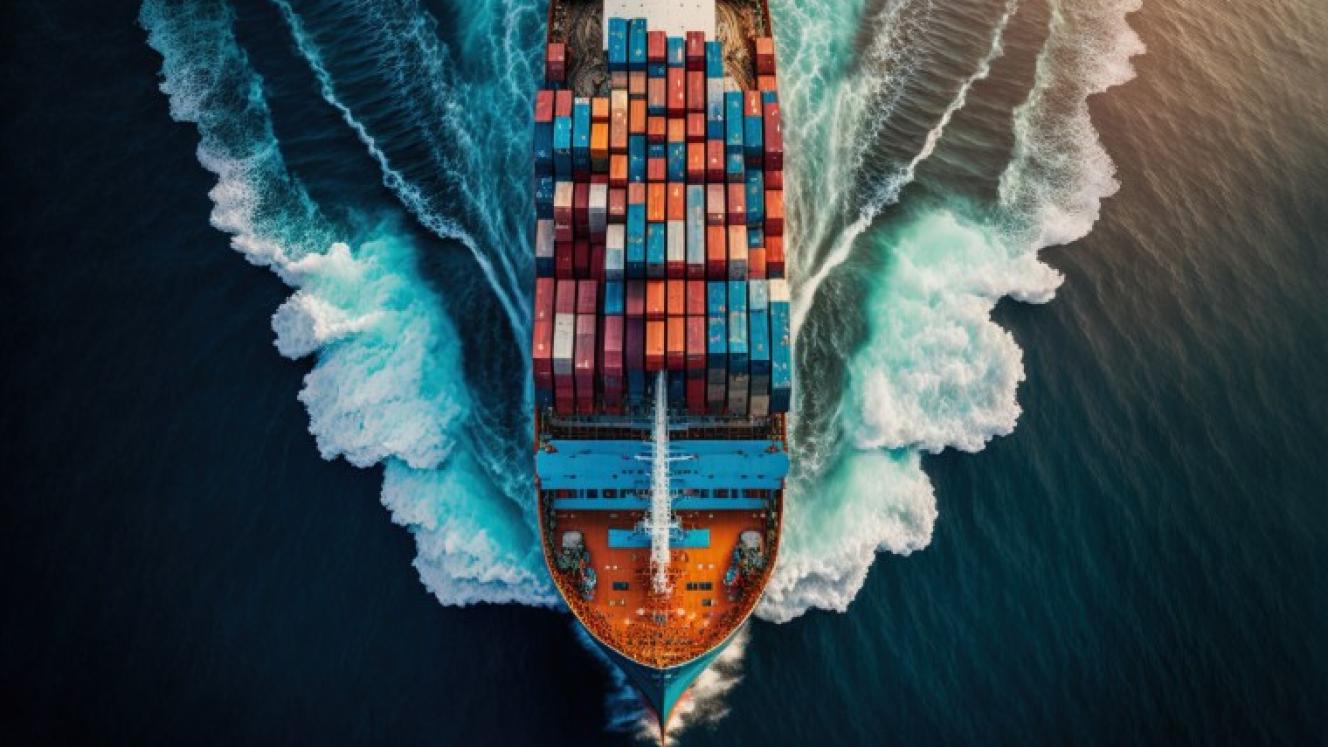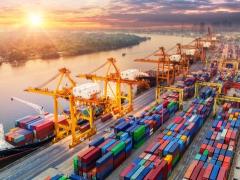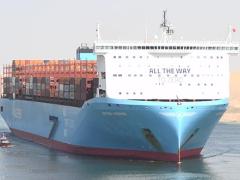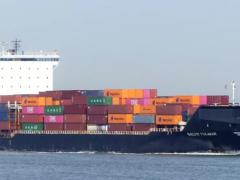Growing demand for warehousing internationally is a symptom of increased prosperity, the explosion of product choice and intensive marketing by corporations.South Africa has an additional dynamic. “We are not a manufacturing country anymore, other than mining and maybe some motor cars,” says Martin Bailey of Industrial Logistics Systems.This is evidenced by the large number of warehouses going up rather than new factories. Warehouse operators and logistics companies are rising to the challenge of meeting demand, he believes.Supply disruptions caused by global events and Transnet rail and port inefficiencies have made warehouse operations more critical to keeping the wheels of commerce rolling, and containing costs. “Our operators are getting better at driving stock levels down. Retailers like Shoprite are really very good at it.“But you can only be as good as your suppliers. The worse the supply chain is, the more stock you hold. If you don't hold the stock, the warehouse becomes the visible problem, not the supplier.”Artificial Intelligence (AI) has a role to play.“AI can help you manage administrative functions better, but they have not yet invented an AI system that can physically move boxes.”Full-scale warehouse automation and robotics is a long way off in South Africa, due largely to the costs of the equipment.He also warns that too much automation can reduce the f lexibility of warehouse operations, which could make it more difficult to adapt to the demands of e-commerce.“E-commercehas ramifications, even if you are not an e-commerceplayer. Thenew generationof consumerswants a bigselection andthey want it now.”This puts pressure on warehouse space utilisation. “Because rents are rising, warehouse operators are going higher and narrower, but that is also less efficient than a traditional warehouse layout. “Inf lation, land shortage in urban areas and more sophisticated buildings results in the cost of warehousing going up in South Africa.”Bringing in a fourth-party logistics (4PL) operator to solve the problems has had mixed results, he warns.As a judge on a supply chain awards panel, he has seen 4PL operators who have added “huge value” and others “zero”.A better option is often for companies to work more closely with a third-party logistics pr ov ider (3PL).Instead of constantly changing 3PL suppliers, warehouse operators should rather follow the European model of working through the problems.“The 3PL suppliers will only invest if they know there is long-term commitment to making the relationship work,” he told Freight News. ER
Filling void left by manufacturing decline
Comments | 0












